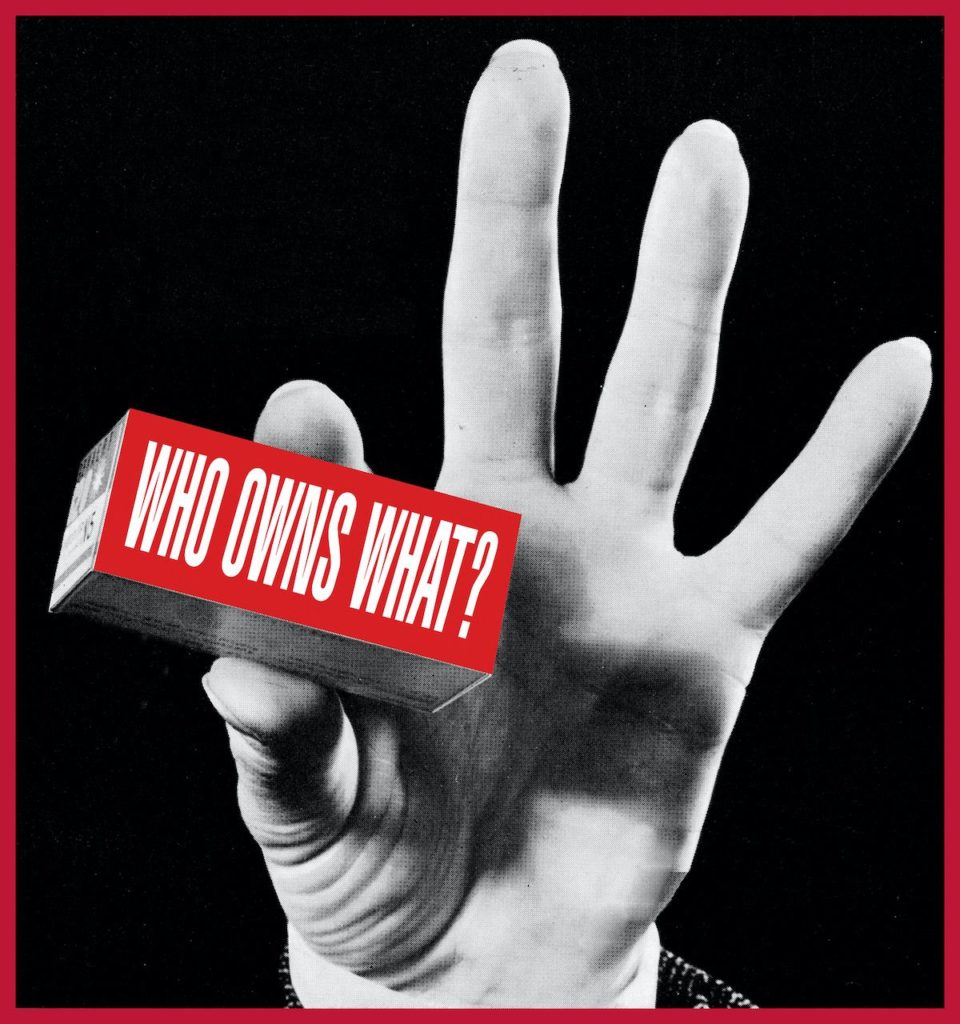All is God’s Gift to Us. Nothing is Our Exclusive Possession | May 1, 2021 Essay

Did you know that our Church teaches that there is no inviolable right to private property? Instead, our Church teaches that all comes from God and is entrusted to us in stewardship by God for the purpose of providing for the needs of all of our brothers and sisters in God.
In his encyclical, Fratelli Tutti, Pope Francis cements the foundation of Catholic social teaching with regard to the use of this world’s goods, affirming the teaching of his predecessors.
…I would…like to echo a statement of St. John Paul II whose forcefulness has perhaps been insufficiently recognized: “God gave the earth to the whole human race for the sustenance of all its members, without excluding or favoring anyone.” For my part, I would observe that “the Christian tradition has never recognized the right to private property as absolute or inviolable, and has stressed the social purpose of all forms of private property.” The principle of the common use of created goods is the “first principle of the whole ethical and social order”; it is a natural and inherent right that takes priority over others…The right to private property can only be considered a secondary natural right, derived from the principle of the universal destination of created goods. [120]
This teaching has tremendous significance for our country and for our world. As all is God’s free gift to the human family, no member of that family may claim exclusive possession of any part of God’s gifts. All that is ‘ours’ is entrusted to us in stewardship by God. In exercising our stewardship of that which has been gifted to us by God, we must always be mindful of our brothers and sisters in God who lack what they need to live in dignity; adequate housing, clothing, food, medical care, education, work, opportunities for leisure, and the opportunity for a retirement in which one’s essential needs are met. Each society ought to structure its socio-economic system in such a way as to ensure that all its members can enjoy a life commensurate with human dignity. A society has the right and the duty to enact laws and policies that will serve this end which will necessarily place claims on what individuals in society assert to be their own.
In our stewardship of what God has gifted us, we must be free to surrender that which we would like to make exclusively our own in order to satisfy the legitimate needs of our brothers and sisters in God who lack what they need to live in dignity. This cannot be done only in charity; our private determination of what we will bestow on those whom we deem worthy of sharing in the gifts with which God has blessed us. It must also be done in justice; through the collective action of society in which the social body acts to ensure that there are none who lack what is essential to human dignity. This is why our Church teaches that government budgets are moral documents. They articulate what type of society we strive to be, and what each society should strive to be is a society in which all share equitably in the gifts with which God blessed this world for the benefit of us all.
What our Church teaches challenges us to reflect on how our society, and our world, is ordered. Is each and both ordered to the end that is in keeping with God’s intention for this world; a world in which we live as one family with a common concern for all such that none of our brothers and sisters languish in conditions contrary to human dignity?
– Fr. Mark Hallinan, S.J., Associate Pastor
